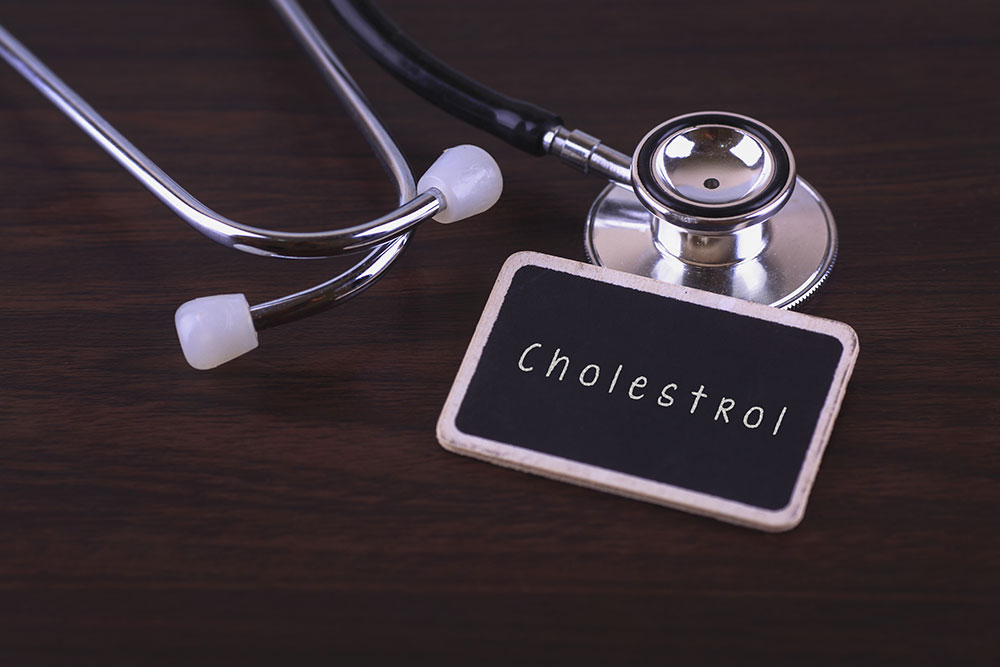All about cholesterol: types and treatments
Cholesterol is a chemical compound found in the bloodstreams of the human body. It is a waxy, fat-like substance that’s found in all cells of the body and is mostly composed of lipids and fats. The human body needs some cholesterol to make hormones, vitamin D, and substances that help digest food. The food being consumed is also responsible for the levels of cholesterol in the body.
Common food products that contain cholesterol
The common food products such as milk, cheese, butter, eggs, meat and fish produce a high amount of cholesterol in the body.

Types of cholesterol
Two kinds of lipoproteins carry cholesterol throughout your body: low-density lipoproteins (LDL) and high-density lipoproteins (HDL). Having healthy levels of both types of lipoproteins is important.
- High-Density Lipoprotein (HDL): HDL cholesterol sometimes is called good cholesterol because it lowers the risk of a heart attack, strokes, and many other heart diseases.
Low-Density Lipoprotein (LDL): LDL cholesterol sometimes is called bad cholesterol. A high LDL level leads to a buildup of cholesterol in your arteries making you prone to life-threatening ailments such as a heart attack, stroke and other heart ailments.
Factors that determine the levels of cholesterol
There are many factors that help determine the levels of cholesterol. It is advised to visit a doctor and get a proper check-up done to reduce the risk of high cholesterol. The factors include:
- Age and gender
- Whether you have a history of diabetes
- Whether you smoke
- The pressure in your blood
These factors become further dependent on the food habits of an individual. Many things affect your body’s level of cholesterol:
- The food that is being consumed: If an individual has a large intake of saturated and trans fat contents, it is likely to increase the cholesterol levels. Being overweight is another issue of concern as it lowers the good cholesterol level in the body.
- Lack of physical activities and being inactive are other reasons why the levels of the high-density cholesterol drop.
How to treat cholesterol
One should get a cholesterol test done to find out their own levels of lipid accumulation in the body. Higher levels of cholesterol will block the oxygen flow in the blood, thus, cause severe heart diseases
- Regular exercise
- Eat a heart-healthy diet
- Eat low-fat food items, say no to foods that contain a lot of saturated fat; eat a lot of fiber present in fruits and fruits, and whole grains
- Quit smoking cigarettes
- Get into a healthy shape by exercising for at least 30 minutes a day
- Focus and follow the mantra of the 3C’s- Check, Change, Control
Lipid Statin treatment
Statin treatment is the best treatment in the case of people with a heightened risk of heart attacks. Statins are a group of cholesterol-lowering drugs. A balanced diet and regular exercise can reduce cholesterol levels to a great extent.


